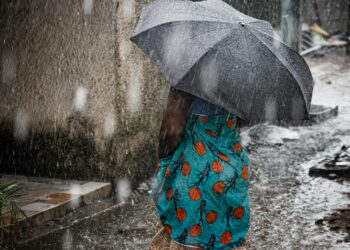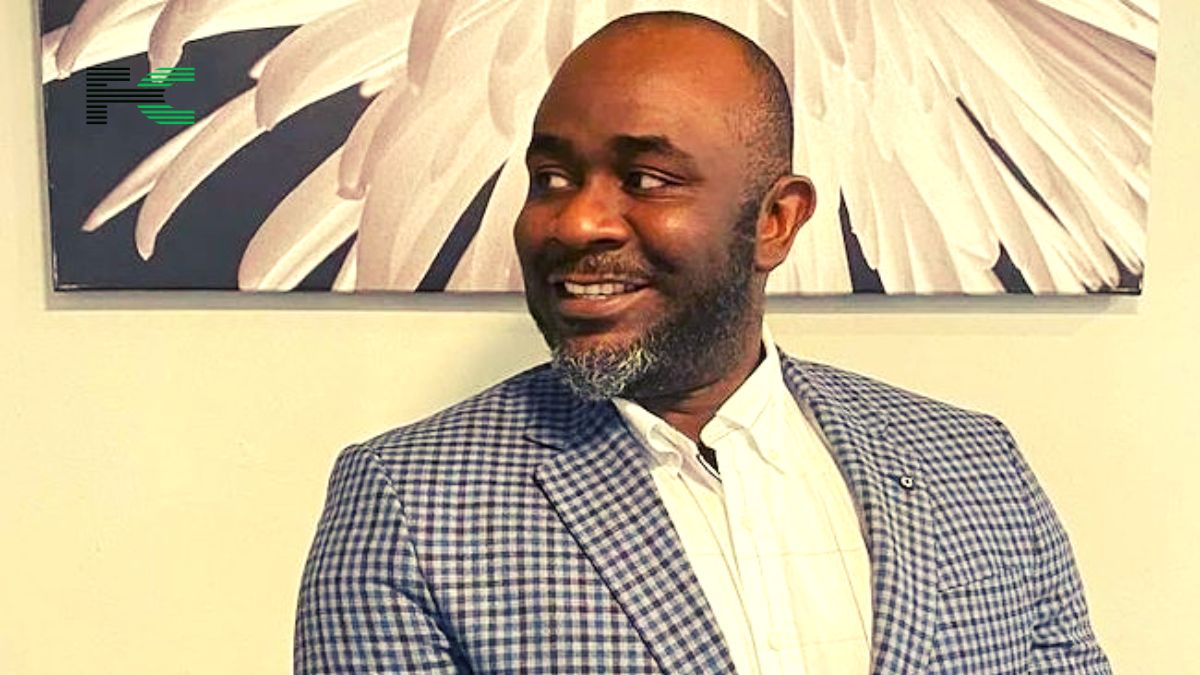Apple has defended its iPhone 12 model in response to actions taken by a French watchdog that ordered a temporary halt to its sales, citing potential violations of European Union radiation exposure limits.
This development has raised concerns about the possibility of further bans on iPhone 12 sales in Europe. Germany’s network regulator, BNetzA, has indicated that it may initiate similar proceedings and is closely coordinating with French authorities. Additionally, Spain’s OCU consumers’ group has urged authorities to consider suspending iPhone 12 sales in the country.
In a statement, Apple emphasized that the iPhone 12, which was launched in 2020, has received certification from multiple international bodies confirming its compliance with global radiation standards. The company provided various test results from both Apple and third-party laboratories, demonstrating the phone’s adherence to these standards. Furthermore, Apple expressed its intention to challenge the findings of the French agency.
Over the past two decades, numerous studies have been conducted to evaluate potential health risks associated with mobile phones. According to the World Health Organization, no adverse health effects linked to mobile phone usage have been conclusively established.
The Agence Nationale des Fréquences (ANFR) in France directed Apple to suspend iPhone 12 sales in the country after tests revealed that the phone’s Specific Absorption Rate (SAR), a measure of radiofrequency energy absorption by the body, exceeded legally permissible levels. ANFR plans to dispatch agents to Apple stores and other retailers to ensure that the iPhone 12 is no longer being sold. Failure to comply could lead to the recall of iPhone 12 units already purchased by consumers.
Experts in the industry have asserted that there are no safety concerns, as regulatory SAR limits are set significantly below levels where scientific evidence suggests harm might occur.
Professor Rodney Croft, the chair of the International Commission on Non-Ionizing Radiation Protection (ICNIRP), which establishes global SAR guidelines, commented on the situation, stating, “From a health and safety perspective, this does not pose a risk to anyone.” The SAR limits, which are based on the risk of burns or heatstroke from phone radiation, are already established ten times below the threshold at which harm has been documented.
Croft also noted that differences in findings between ANFR and other regulators may be due to ANFR’s method of assessing radiation, which assumes direct skin contact without intermediary textile layers between the device and user.
This marks the first time Apple has been affected by a sales suspension related to smartphone radiation tests in France, where such actions have previously led to 42 sales halts.














